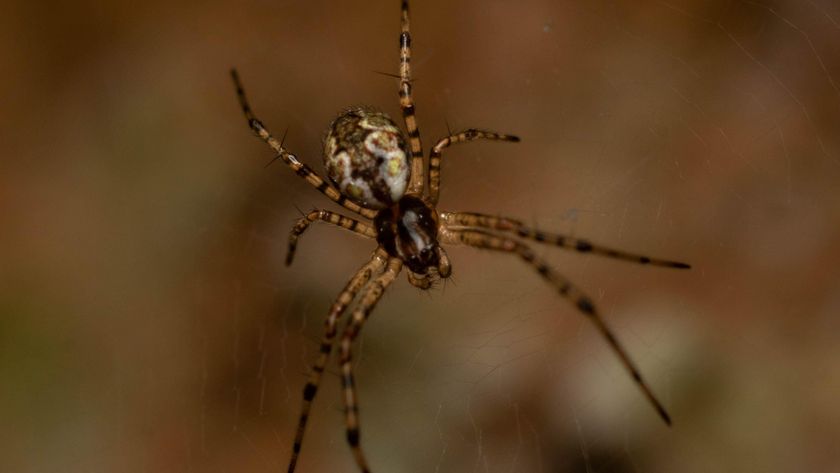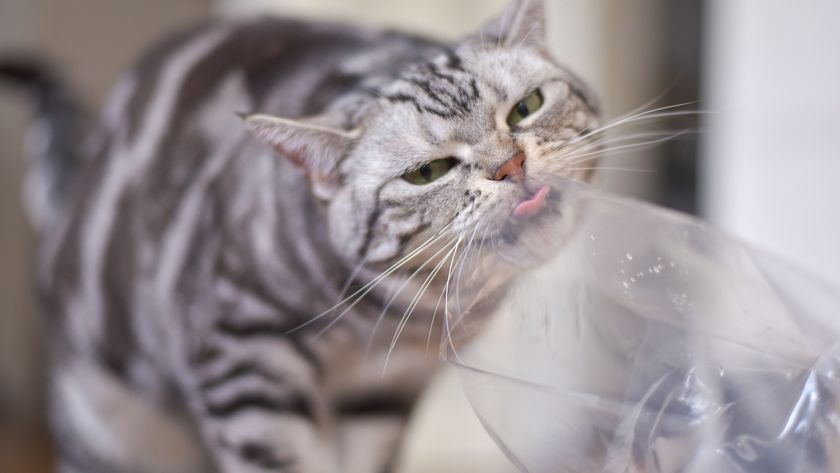
Beware the Lure of the Bunnies (Op-Ed)
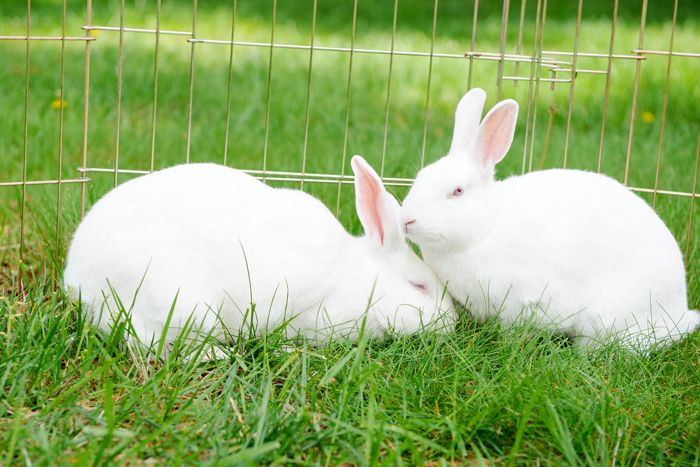
KC Theisen is director of pet care issues for The Humane Society of the United States. She contributed this article to Live Science's Expert Voices: Op-Ed & Insights.
It's Easter, and your children are excited. The Easter bunny is coming. The mall — and every advertisement in sight — features cute kids with cuddly baby animals. It seems like a great match: A little animal for your little one. But it's not as simple as those winsome pictures make it seem.

And yet, these tiny, new lives — adorable as babies — will soon be adult rabbits , chickens and ducks. Before you give in to impulse, find out first whether it's even legal where you live to keep these species as pets. Too many families don't take the time to do their research. After determining if the pets are legal, be sure you know about their needs — care and feeding, for example, the safety and hygiene risks, and longevity.
A rabbit is not a short-term investment, or a low-maintenance pet. Rabbits must be spayed or neutered, have a diet of fresh hay and produce year-round — and these animals require play and exercise to stay healthy.
Domestic rabbits can live up to ten years. Consider whether your son or daughter is going to be thrilled to clean the Easter Bunny's litter pan in six months, when Easter is long gone, and Christmas is coming. Tragically, stories of Easter babies cast off into the wild shortly after Easter — to die of exposure, starvation or predation — are not uncommon.
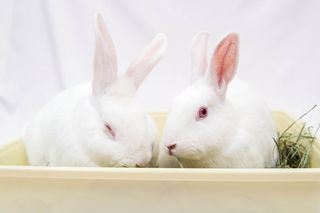
According to the House Rabbit Society, 80 percent of rabbits don't see their first birthday. The more fortunate ones make it to an animal shelter, but still might spend months waiting to find their forever home.
You don't need to buy a live animal to celebrate the season of new life and renewal. Consider giving a plush toy or a chocolate rabbit. Plush baby bunnies or chicks make fabulous gifts for kids. They also make great photo props, don't scratch or carry diseases and won't suffer if your child loses interest — or outgrows them. A plush pet can go along with the kids on car rides, go to school and become a lasting memento of springtime and Easter.
Sign up for the Live Science daily newsletter now
Get the world’s most fascinating discoveries delivered straight to your inbox.

You can't deny that kids and animals go together — so don't. It has been long, cold winter, so rather than buy an animal to celebrate Easter, take a trip to an animal sanctuary or nature center so your kids can see spring's babies with their natural families. Let them pick out a duckling or rabbit to 'adopt' and sponsor that species for the year. Your kids will learn animal care and compassion without the daily commitment of ownership. You also can take the kids to visit a local park and watch ducks on the pond, another way to learn about our magnificent natural world. Visit or volunteer at your local animal shelter or humane society (find yours at http://theshelterpetproject.org) and let your kids get up close with the dogs, cats, puppies, kittens, rabbits and ducks while they await new homes.
However, if you "must" have a rabbit in the basket, spring is the perfect time to open your home to a new addition by adopting from your local shelter or animal rescue. But do your research and adopt a pet who will remind your family for years to come that this time of year is about celebrating life, and showing compassion for all living creatures.
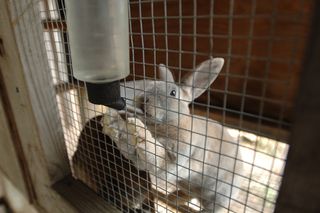
Follow all of the Expert Voices issues and debates — and become part of the discussion — on Facebook, Twitter and Google +. The views expressed are those of the author and do not necessarily reflect the views of the publisher. This version of the article was originally published on Live Science.
